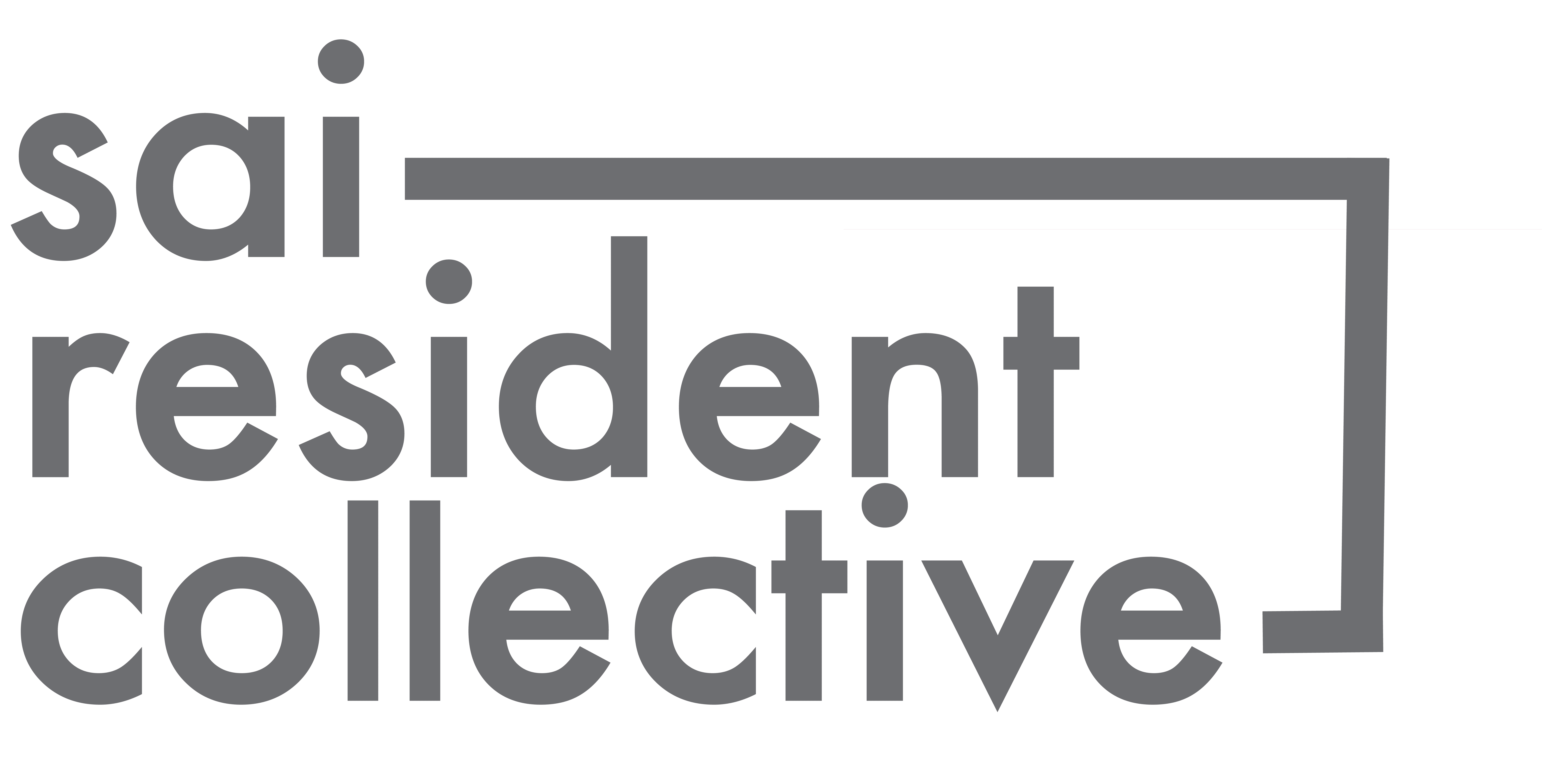- July 18, 2014
- Posted by: Team SAi
- Category: Advocacy

by Fanuel Muindi
Originally Published in Science
When I started out in Stanford University’s biology doctoral program, I didn’t feel ready. My feeling that I was poorly prepared was corroborated by a committee that told me often how underprepared and unqualified I was. I attempted to argue my case, but the committee held to its position: I was unworthy. Fast forward 2 years: Just before I walked into my qualifying exam, the committee convinced me that I was going to fail. I succeeded, but that didn’t change its low opinion of me. Then, at the end of my third year, I was selected to receive a Diversifying Academia, Recruiting Excellence (DARE) fellowship, which targets students in their final 2 years of graduate school who are interested in pursuing academic careers. The committee now argued that I didn’t belong in the company of the other fellows, who, it insisted, were way more accomplished than I was.
Later, when I interviewed for postdoc positions, committee members had nothing positive to say. “You are not ready,” they said. “You are not good enough.” When the time came to defend my Ph.D. thesis, they were at it again: “You don’t deserve this,” they said, after I had succeeded. “Your work isn’t that good. You won’t get it published anywhere decent.” It was a continuous barrage of criticism aimed at undermining my self-confidence.
Fortunately, this was not my doctoral committee or any other committee that existed at Stanford University, or any other place in the real world. My Ph.D. committee at Stanford was constructive and supportive. The one I’m referring to—call it the negative committee—existed, and continues to exist, only inside my own brain.
For years, the members of the negative committee have tried to make me feel like an impostor, and for years they succeeded. They didn’t believe in the person I was becoming: an accomplished academic who is critical, visionary, confident, and authentic. They have made it difficult, as Valerie Young, an expert on impostor syndrome, puts it, “to internalize or feel deserving of any success.” The negative committee drowns out other voices, making it difficult to hear anything but its own incessant harping—difficult, but not impossible.
In time, I gained the confidence needed to stand up to the negative committee. Intense self-reflection through mindful meditation helped me learn more about what the committee was after—my self-confidence—and how to fight it. The committee never quite succeeded because even as it was working to undermine my confidence, I was working to build it up. My accomplishments in graduate school, and the DARE fellowship, helped build my confidence. I also had help from a lot of people: formal and informal mentors, friends, lab mates, and family. I draw on this confidence today when I tell the negative committee to “sit down and shut up,” as writer Ann Bradford has suggested.
The negative committee isn’t all bad. As with all things, it depends on how you look at it. Yes, it has tried to undermine me, but I have learned from it. I have learned to turn its negatives into positives, to view its criticisms as opportunities for growth. The negative committee helps me stay grounded and be realistic about my true abilities. It keeps me on my toes.
You, too, probably have a negative committee that you need to learn how to manage. It takes time, and it isn’t easy, but it isn’t that hard, either. Use your mentors, friends, and family—your positive committee, which has the advantage of existing in the real world—to help rein in your negative committee. I think the Dalai Lama said it best: “The way to overcome negative thoughts and destructive emotions is to develop opposing, positive emotions that are stronger and more powerful.”
Now that I’m a postdoc at the Massachusetts Institute of Technology in Cambridge, my negative committee continues to criticize my efforts. But things are different now. The committee is no longer in charge—I am. I now know how to not take its criticisms seriously. I know how and when to shut it up. And when I can’t shut it up, I just prove it wrong.

